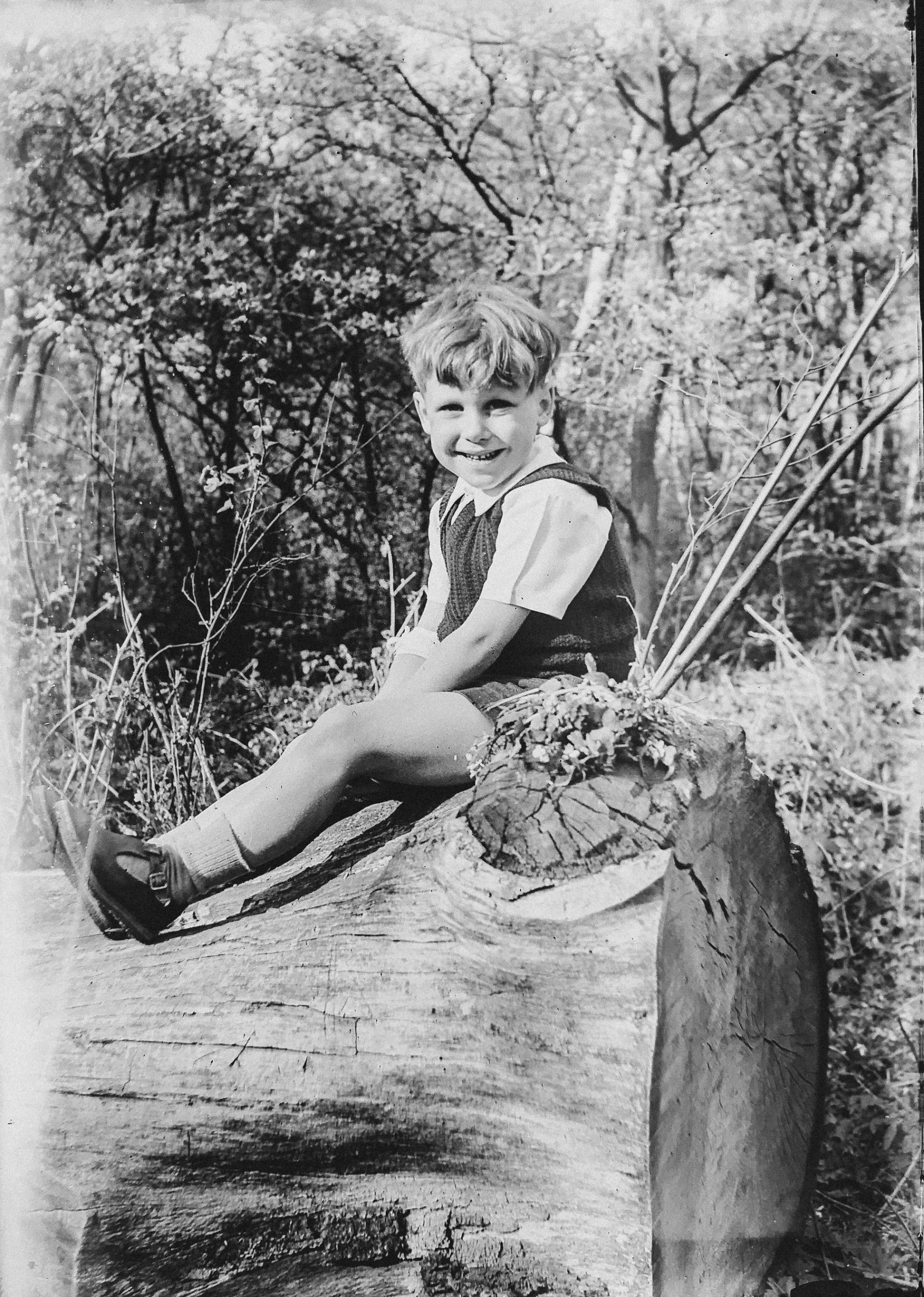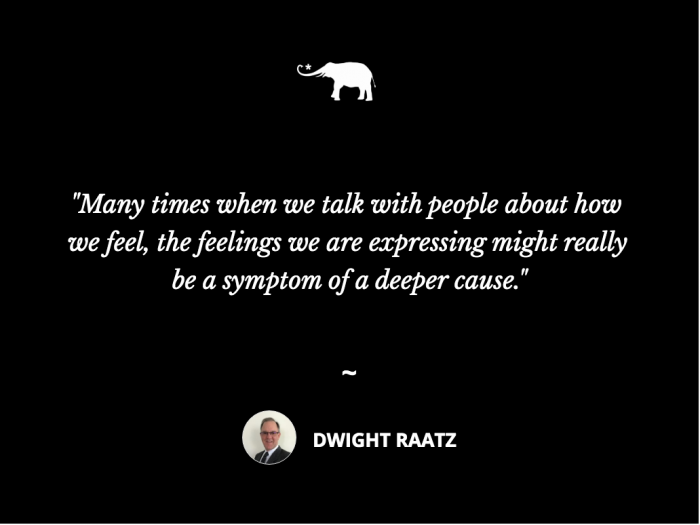I have said it many times, “When I express how I feel about something, it doesn’t necessarily mean it’s true.”
Meaning, that our feelings can be a symptom of a deeper cause that manifests outwardly when we react to something.
I grew up on a small farm in southeast North Dakota. Like many family farms of the time, we started learning how to do things at a young age. My first “job” was when I was about two years old, and that was to play with the barn cats and dog.
As time went on and my experiences expanded, my knowledge and responsibilities grew as well. I was driving tractors, pickups, and grain trucks all before I was 10 years old. This was common in those days, and I learned a lot by observing my family, and then I started doing the same things they did. It was not unlike an apprenticeship we might think of today.
In 1979, when I was 14 years old, my father had decided to quit farming. Since I was “out of a job,” I decided to use my skills and work for our neighbor. In order to do farm work for someone else, if I was under that age of 16, I needed to go to “tractor school.” I signed up for the two-day course to get certified that I had the skills and understanding of how to operate farm machinery safely.
As part of the training, we needed to drive a tractor pulling a four-wheel trailer and show we knew how to back up this kind of trailer into a parking spot. If you’ve gone through drivers training for a car, you likely had to back up into a similar parking spot. We needed to maneuver the trailer in between some cones laid out on the parking lot asphalt.
I joined the queue of boys, and I watched each boy struggle with navigating a four-wheel trailer into the space. It can be a tricky task because of how the tractor and trailer hitch move to steer the trailer in the right direction.
The time came for my turn. I jumped up on the tractor and made a wide circle around the lot to allow the right amount of room. Then I easily backed the trailer into the space with just one smooth motion. Heck, I’d done this kinda thing since I was 10! When I jumped down off the tractor to watch the next boy take his turn, the instructor said, “Very nice job!”
As I watched, a group of three boys came up to me and one of them said, “Nice job backing up the trailer.” I smiled at him and he continued, “Since you did such a great job, one of the teachers said you needed to go over to that guy driving the tractor and talk to him.” I was a bit confused, but felt good that I was being recognized for the good job I had done. I looked at the boys and said, “Okay, I can do that.”
I carefully walked over to the man and waved him down. He stopped the tractor and opened the cab door and looked at me. I said, “They said I’m supposed to come over and talk to you?” He looked at me confused and said, “No, I’m not sure why.” And with that, I instantly knew the boys were playing a joke on me and trying to embarrass me in front of hundreds of kids. I hung my head low and walked back slowly to the group of kids. I could hear the three boys laughing at me and taunting me.
In a matter of five minutes, I went from feeling really proud of myself to feeling like sh*t. I spent the rest of the days in training not interacting with anyone. I did what I needed to finish the course, but I no longer felt like was proud of what I knew or what I was capable of.
Many years later, when I was in my late 20s, the owner of the business I worked for invited all the employees over to his house for a holiday gathering and meal. I was fairly new at the job, and this was one of the first times that we had all gathered together socially.
In the lower level of his house, there was one large room with a pool table, a wet bar, and a small table of hors d’oeuvres. After playing a few games and having a few drinks, I decided I needed to use the restroom. After a few minutes of taking care of my business, I opened the door to step out, only to find everyone standing in a semi-circle around the door looking directly at me. Then one by one, they all started clapping and laughing at me.
I was stunned and confused. I looked at each face in turn and thought, “What is happening?” Then after a second or two, I realized they were intentionally trying to embarrass me. I knew that when I was in the restroom, I only urinated and made no “inappropriate” sounds. I could only assume that this setup was inferring that I did make noises. I immediately looked down at the floor and I could feel my face heating up and likely turning red.
In a few seconds, I was transported back to all the times when I was bullied by the “popular boys” and subjected to other kids laughing at my expense. As I stood there in that semi-circle, I was experiencing all of it again. My boss was the bully, and the others were the kids laughing at me.
I said nothing, but I was instantly angry and embarrassed at what they had done. I don’t even recall if we stayed for the meal, or if we left making some sort of excuse that we had to get home early to put our kids to bed.
I recently wrote an article where I said, “…anger is a ‘shield’ feeling…” The experiences I described above have a true and common source for the response I felt both times. The root under each of these is a primary negative core belief that I am not important.
If I was someone important to those boys at the tractor school, they never would have made up that story just to embarrass me. If I was someone important to my boss or co-workers, they would have never treated me the way they did. The deeper cause for my anger in these moments was not what others had done to me; it was that I didn’t believe that I was lovable or important to anyone.
I use anger as a way to put a barrier around me, which creates distance between myself and others. If I have distance, then there is less likelihood they will ever get close enough to hurt me again. If I don’t get hurt, then I am not going to be reminded that I am not worthy of being important to someone.
The truth of the emotions we feel are often shrouded and slightly elusive to identify. Many times when we talk with people about how we feel, the feelings we are expressing might really be a symptom of a deeper cause.
If we can spend time looking deeper and gaining awareness of the truth of our emotions, then that will be the point we begin to heal.
The healing will break the spell we’ve created and dissipate the power that it has over us.
~


 Share on bsky
Share on bsky






Read 12 comments and reply